
Secrets of Licorice: Ancient Remedy or Modern Superfood?

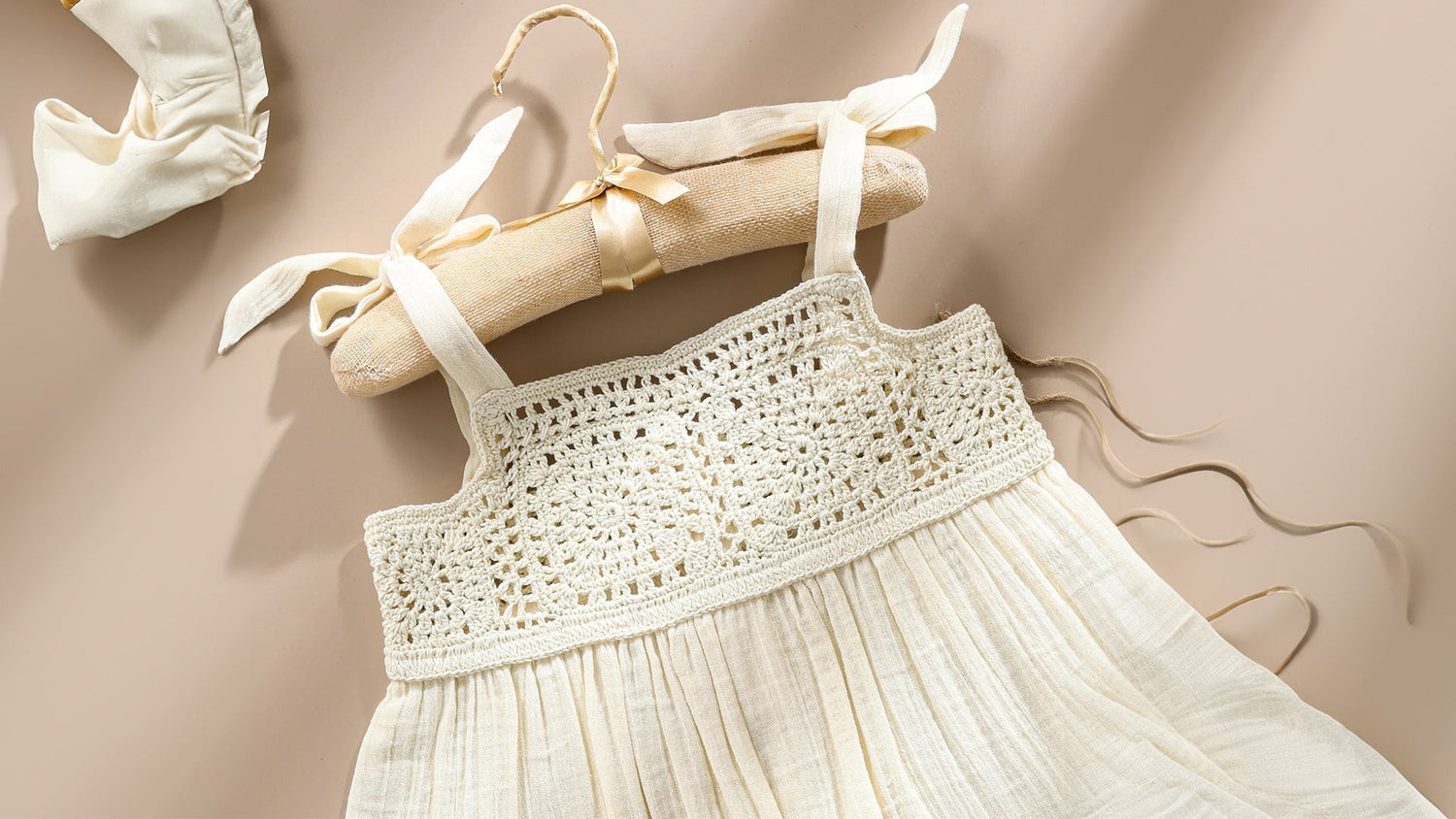
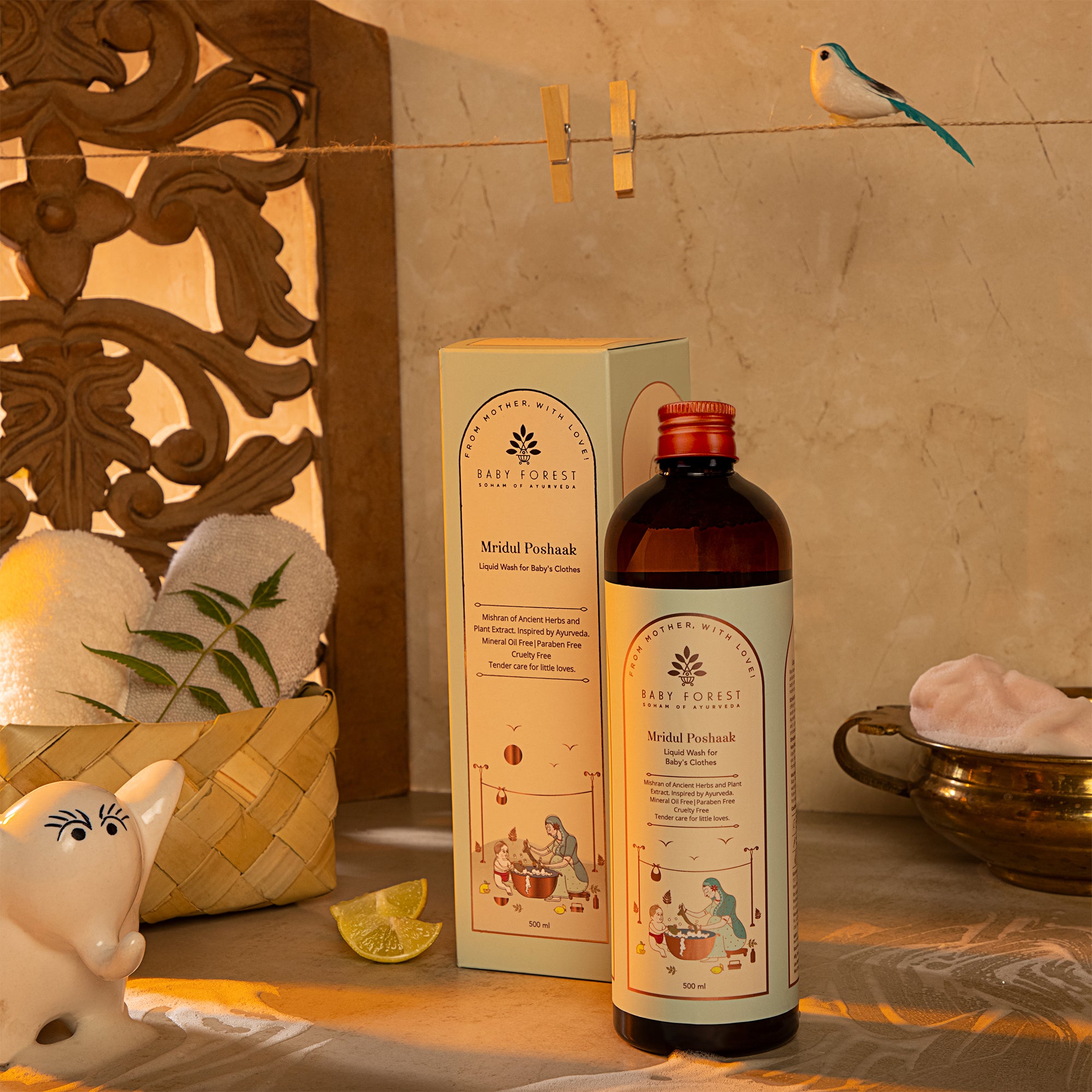
Rs. 495.00
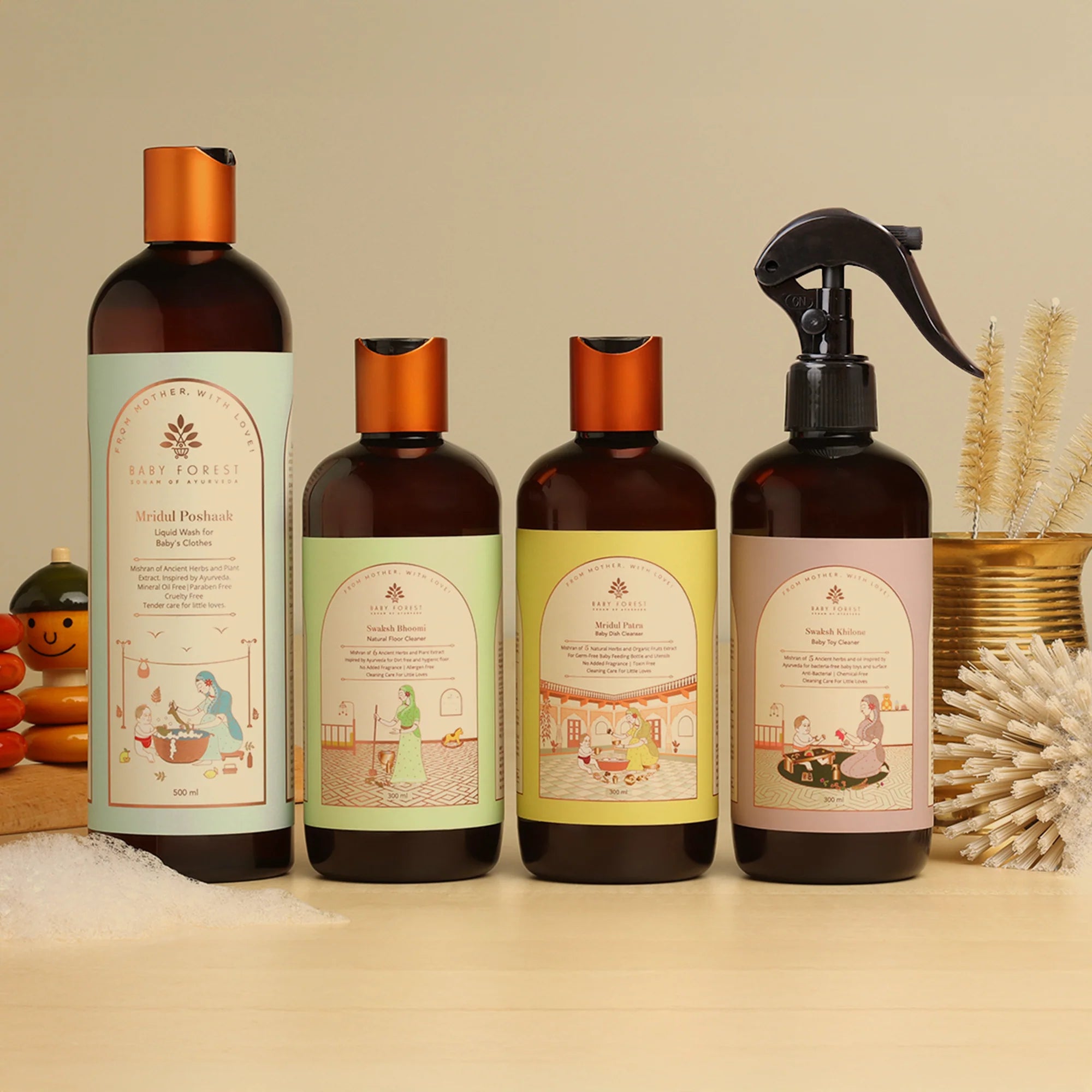
Rs. 1,499.00
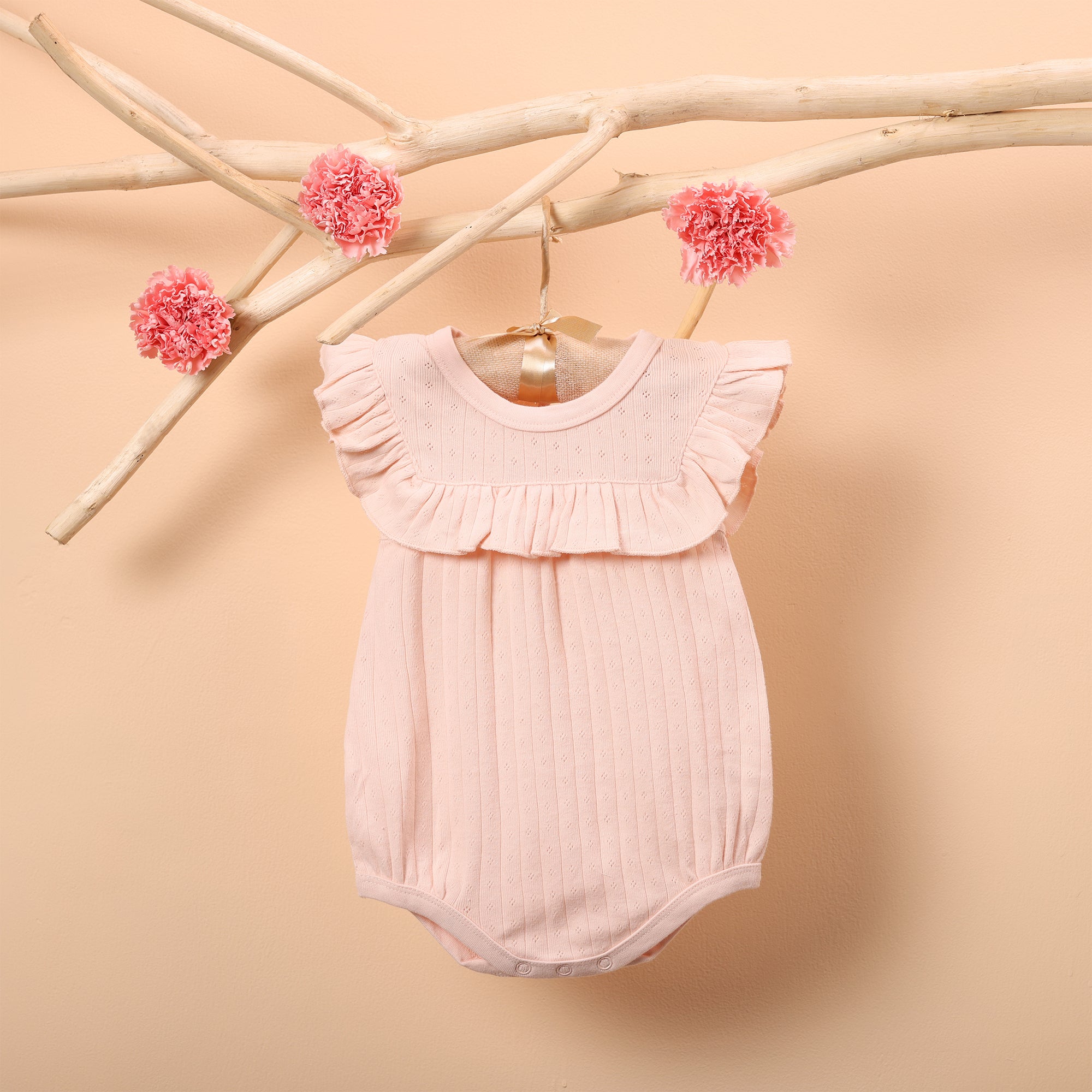
Rs. 2,595.00
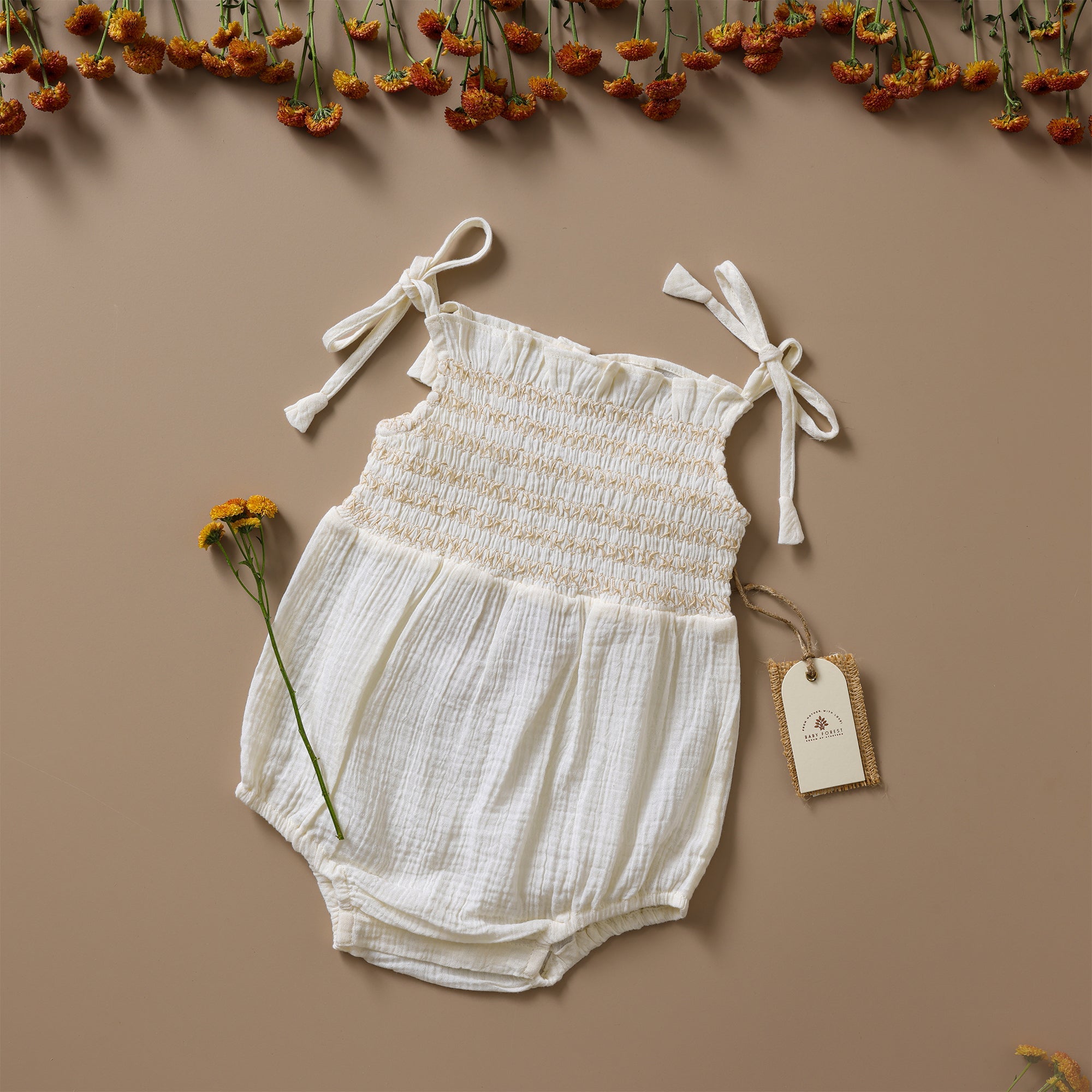
Rs. 2,650.00
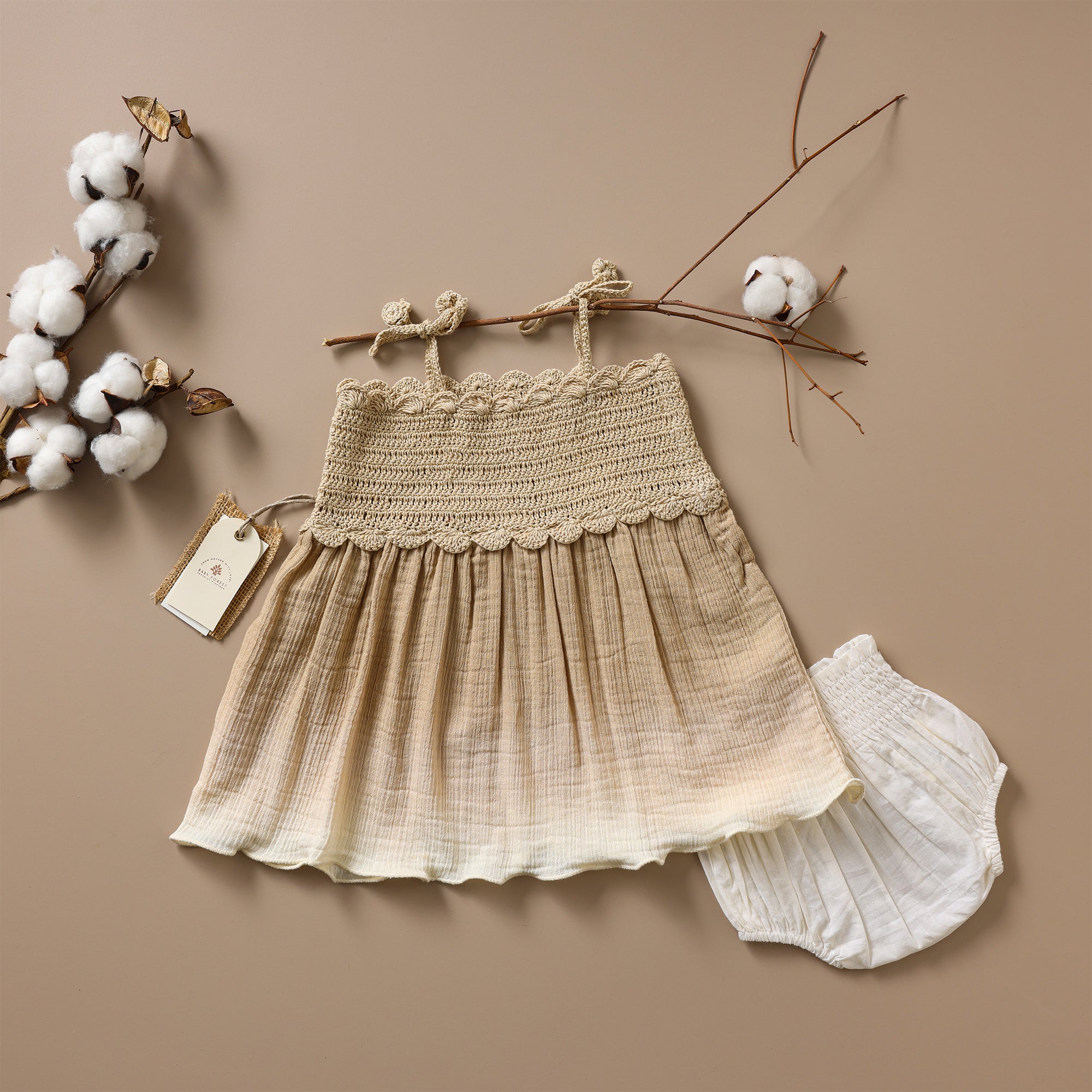
Rs. 8,499.00
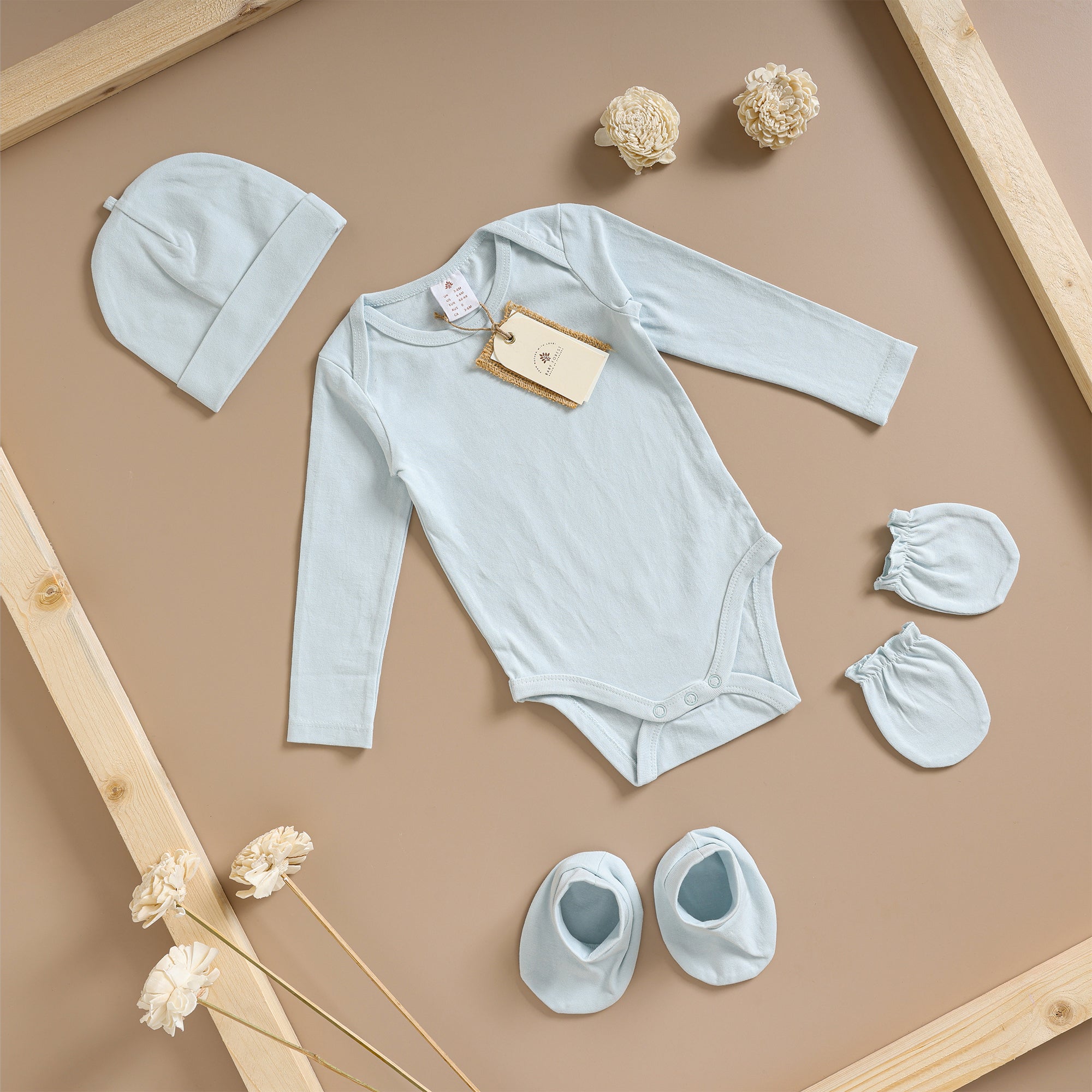
Rs. 1,995.00
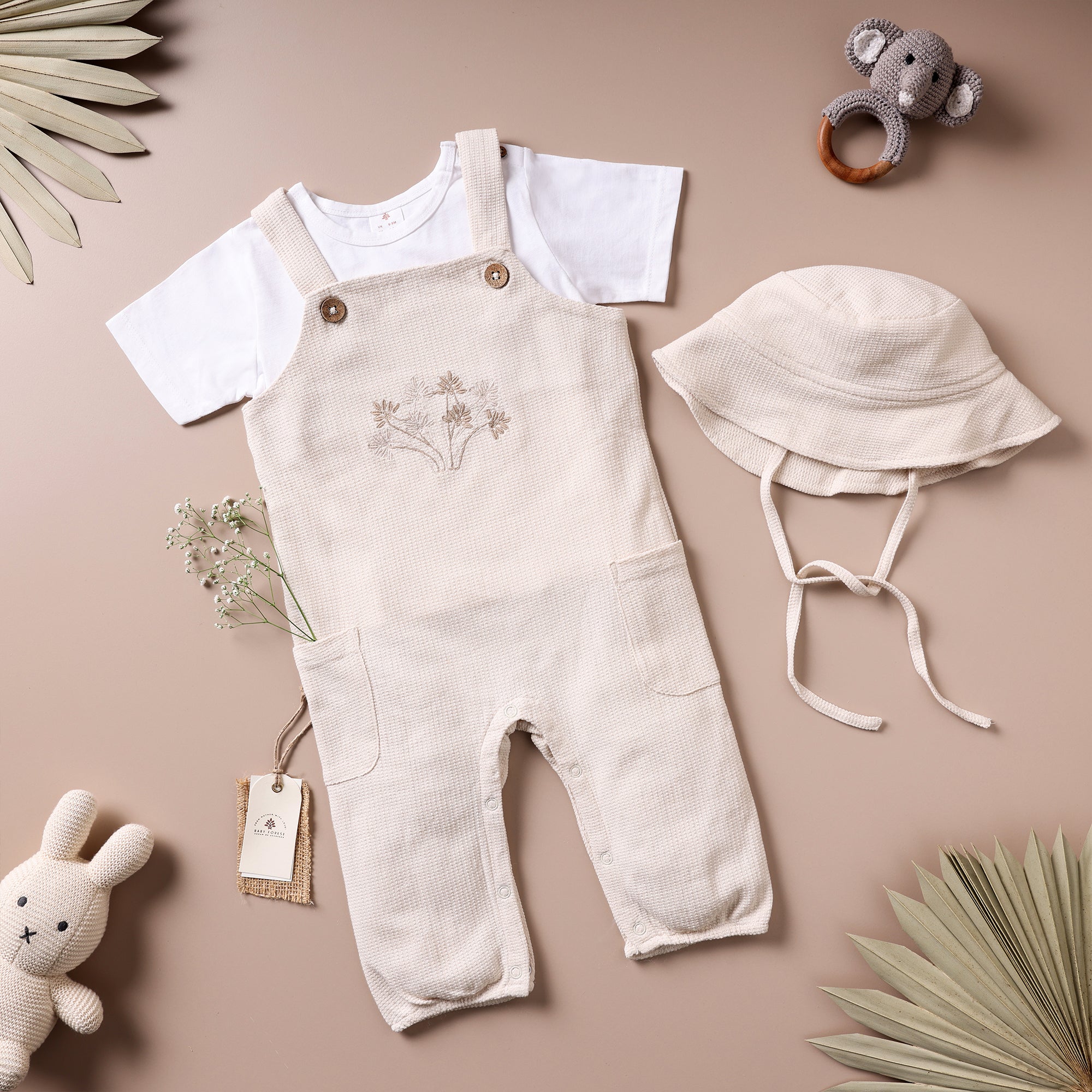
Rs. 4,495.00
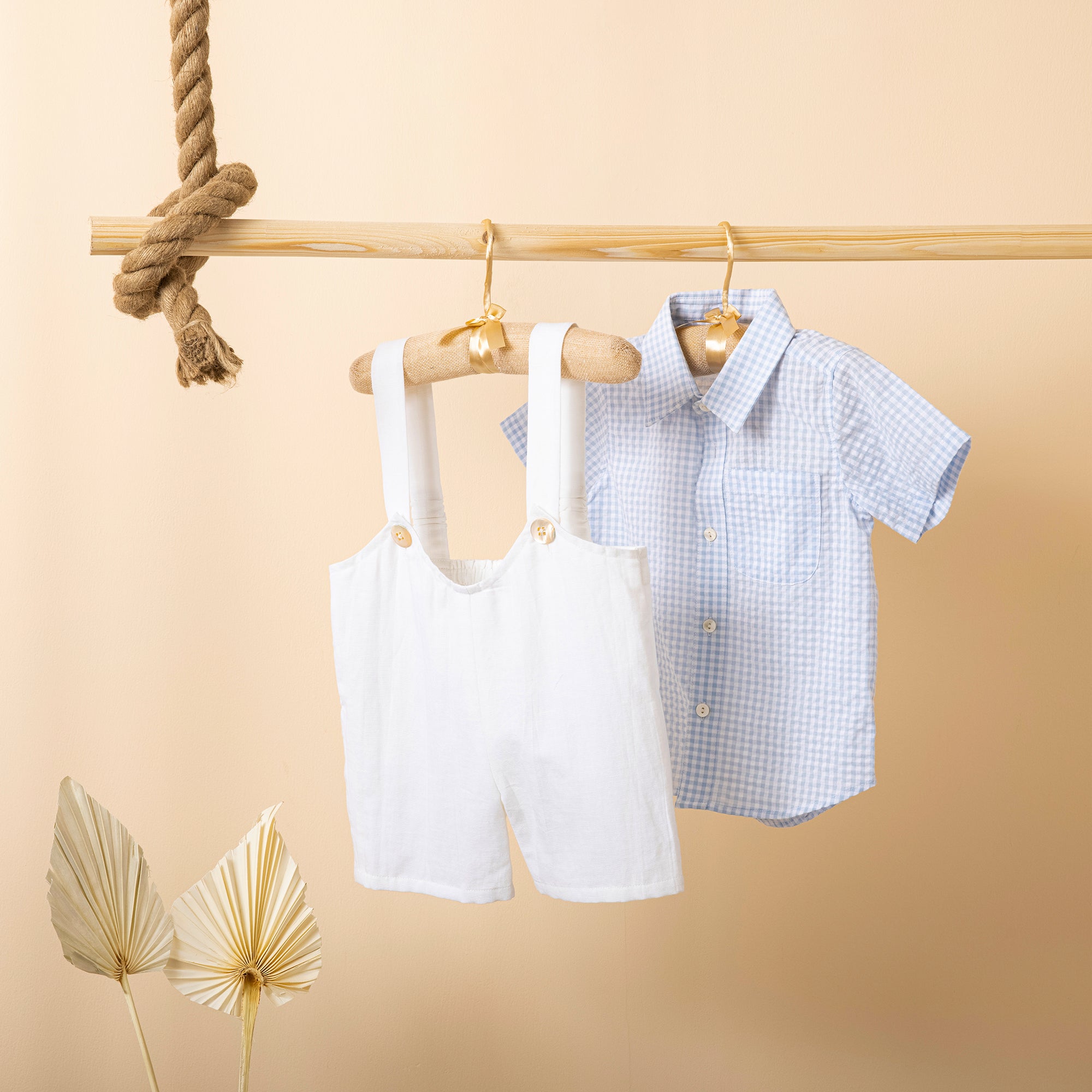
Rs. 8,350.00

Comprehensive Baby Feeding Chart for 2-Year-Olds

How to Avoid Nipple Confusion While Breastfeeding and Bot...

How to Prepare for Baby's First Cold and Flu Season: A Co...

Is Formula Feeding Safe for Your Little One?

10 Essential Ayurvedic Products For Babies

5 Winter Foods That You Should Include In Your Lil One's ...

All You Need To Know About Breastfeeding

07 Winter Tips for Your Baby's Delicate Skin

What Causes Colic? A Simple Guide for Parents

9 Easy Tips to Encourage Self-Feeding for Babies

How to clean/wash baby feeding bottle?

5 Cute Must-Have Summer Dresses for Baby Girl

Benefits of Anti-Colic Feeding Bottles

Nourishing the New Mother: Ayurvedic Postnatal Care Pract...

Nervous About weaning Your Baby? Here Is What You Need To...

Feeding Your Infant: Common Challenges and How to Overcom...

How to Safely Heat Milk for Your Baby: Tips and Techniques

Burping Baby 101: Why It Matters and How to Do It Right!

Comprehensive Baby Feeding Chart: Ages 0-12 Months

A Beginner's Guide to Baby-Led Weaning

The Benefits Of Baby Feeding Bottle: A Parent’s Guide

The Ultimate Baby Feeding Checklist: From Newborns to Tod...

How to Create the Perfect Feeding Schedule for Your Newborn

Purees vs. Finger Foods: Which Is Best for Your Baby?

Homemade Baby Food: 2 Simple Recipes for Healthy Meals
In recent years, there has been a significant shift towards organic and eco-friendly products, with a special focus on the needs of the youngest members of our families. As parents, we aspire to provide the best for our little ones, from the food they eat to the baby clothes they wear. In recent years, the spotlight has turned towards organic baby clothes, a choice that promises comfort and style and a commitment to health and environmental stewardship. This guide is designed to walk you through everything you need about organic baby clothes, helping you make informed decisions for your family and our planet.
Organic baby clothes are crafted from fabrics that are cultivated and processed without employing harmful pesticides, artificial fertilizers, or genetically modified organisms (GMOs). The most common fabric you'll encounter is organic cotton, prized for its softness, durability, and breathability. Unlike conventional cotton, organic cotton farming emphasizes ecological balance and biodiversity, ensuring that the fabric touching your baby's skin is as pure and natural as possible.
In the vast world of baby products, choosing the right fabrics for your little one's clothing, bedding, and toys is more crucial than one might think. Among the myriad options available, organic cotton stands out as a beacon of safety, comfort, and sustainability. Here's why organic cotton is a superior choice for your baby's needs.
Infants have exceptionally delicate skin, which is more susceptible and easily irritated compared to the skin of adults. Organic cotton, cultivated without the introduction of severe chemicals, pesticides, or artificial fertilizers, presents a clean and mild option. It reduces the risk of allergic reactions, rashes, and skin irritations that can be triggered by non-organic cotton and its chemical residues. This natural fabric ensures that only the softest, most natural material touches your baby's skin.
The comfort of organic cotton is unparalleled, thanks to its softness and excellent breathability. It helps regulate body temperature, keeping babies warm in winter and cool in summer. This natural fabric absorbs moisture and allows air to circulate, preventing overheating and ensuring your baby stays comfortable, whether asleep or awake. The durability of organic cotton also means it can withstand frequent washing, maintaining its softness and comfort over time.
Opting for organic baby clothes is a choice that blends health, style, and comfort in the wardrobe of the littlest ones in our lives. By selecting garments made from 100% organic materials, parents ensure that their babies are dressed in the purest, chemical-free fabrics that safeguard their delicate skin from irritants and allergens. Also, consider the functionality of the clothing; easy-to-use snaps, room for growth, and comfort should be at the top of your mind.
To maintain the integrity of the fabric, it's recommended to wash organic baby clothes in gentle, eco-friendly baby detergents. Avoid using bleach and opt for natural stain removers. Air drying is preferable to preserve the fabric's natural softness and prolong the garment's life.

Transitioning to organic baby clothes doesn't have to be an all-or-nothing approach. Start by replacing items that are in direct contact with your baby's skin, such as bodysuits, sleepwear, and bedding. As you become more acquainted with organic brands and products, you can gradually expand your baby's wardrobe. Remember, every small step towards organic contributes to a larger impact on your baby's health and the environment.
Choosing organic baby clothes is more than a shopping decision; it's a heartfelt commitment to the well-being of your precious child, the preservation of our environment, and the legacy we leave for the generations to come.
In today's world, where the market is brimming with organic options, making this choice has become both simple and convenient. It's an opportunity to live a lifestyle that reflects our deepest values, prioritizing the health of our children and the sustainability of the planet they will call home.

